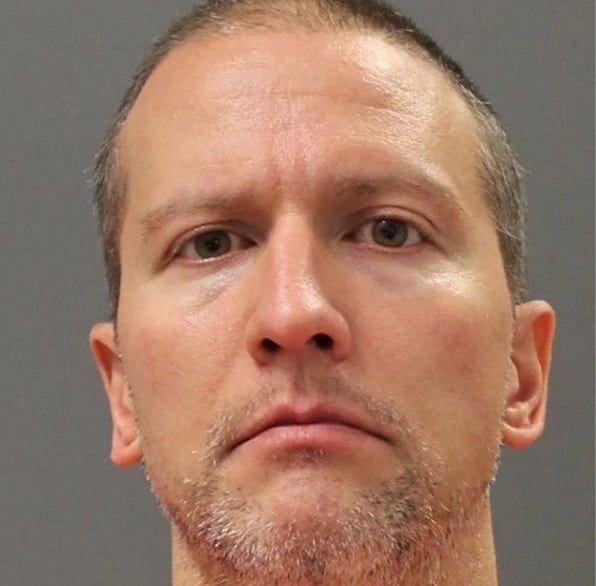
By Hamil R. Harris
(TriceEdneyWire.com) – Even though a Minnesota judge sentenced former Minneapolis police officer Derek Chauvin to 22-and-a-half years in prison for the murder of George Floyd, his days in court may not be over.
Judge Peter Cahill wrote that part of the mission of the Minneapolis Police Department is to give citizens “voice and respect,” but, he wrote, “Mr. Chauvin, rather than pursuing the MPD mission, treated Mr. Floyd without respect and denied him the dignity owed to all human beings and which he certainly would have extended to a friend or neighbor.”
The highlight of Cahill’s 26-page sentencing document came down to a few words in which the judge gave the fired cop more than he had to but not the maximum: “In the Court’s view, 270 months, which amounts to an additional ten years over the presumptive 150-month sentence, is the appropriate sentence.”
On May 25th, a 12-person jury found Chauvin guilty of second-degree unintentional murder, third-degree murder, and second-degree manslaughter in Floyd’s death.
Cahill told Chauvin’s defense attorney, Eric Nelson, that Chauvin might be eligible for an appeal because of comments Rep. Maxine Waters made. “I’ll give you that Congresswoman Waters may have given you something on appeal that may result in this whole trial being overturned.”
Waters came to Minneapolis the weekend before the jury’s verdict was reached and said in a video shown on social media, that if Chauvin wasn’t convicted, protestors should “get more confrontational.”
She explained later that she simply meant turning up protests by nonviolence, and advocating for legislation.
Several hours before he sentenced Chauvin, Judge Cahill denied a request by Chauvin’s lawyer, Nelson, for a new trial despite comments made by Waters.
Chauvin’s options are now limited and Judge Cahill explained that Chauvin hurt his own chances because of his conduct on the day he killed George Floyd:
“Defendant’s placement of his knee on the back of George Floyd’s neck was an egregious abuse of the authority to subdue and restrain because the prolonged use of this maneuver was employed after George Floyd had already been handcuffed and continued for more than four and a half minutes after Mr. Floyd had ceased talking and had become unresponsive.”
That “failure to render aid became particularly abusive after Mr. Floyd had passed out, and was still being restrained in the prone position, with Mr. Chauvin continuing to kneel on the back of Mr. Floyd’s neck with one knee and on his back with another knee for more than two and a half minutes after one of his fellow officers announced he was unable to detect a pulse.”
A Federal Trial?
A federal grand jury has also indicted Chauvin and the three other officers on the scene – Thomas Lane, J. Alexander Kueng, and Tou Thao – on charges that they violated Floyd’s constitutional rights when they detained and restrained him.
“Specifically, Defendant Chauvin held his left knee across George Floyd’s neck, and his right knee on Floyd’s back and arm, as George Floyd lay on the ground, handcuffed and unresisting, and kept his knees on Floyd’s neck and body even after Floyd became unresponsive. This offense resulted in bodily injury to, and the death of George Floyd. All in violation of Title 18, United States Code
Justice Department Investigations
U.S. Attorney General Merrick Garland announced that the Department of Justice would launch an investigation into the practices of the Minneapolis Police Department. This probe would involve members of the U.S. Attorney’s Office for the District of Minnesota and the Justice Department’s civil-rights division.
Another charge
Chauvin now faces a civil rights violation charge in the arrest of a 14-year-old boy. Prosecutors say he hit the teenager with a flashlight and then, similar to his abuse of Floyd, knelt on his back and neck for 17 minutes. He is accused of using his police authority to violate the teen’s rights.
Legislation in Congress
Meanwhile, Congressional Democrats and Republicans are still fighting to pass criminal-justice-reform legislation known as the George Floyd Justice in Policing Act. The Senate is divided 50-50 with the vice-president available to break a simple majority but not the 60 votes needed to stop a filibuster.
